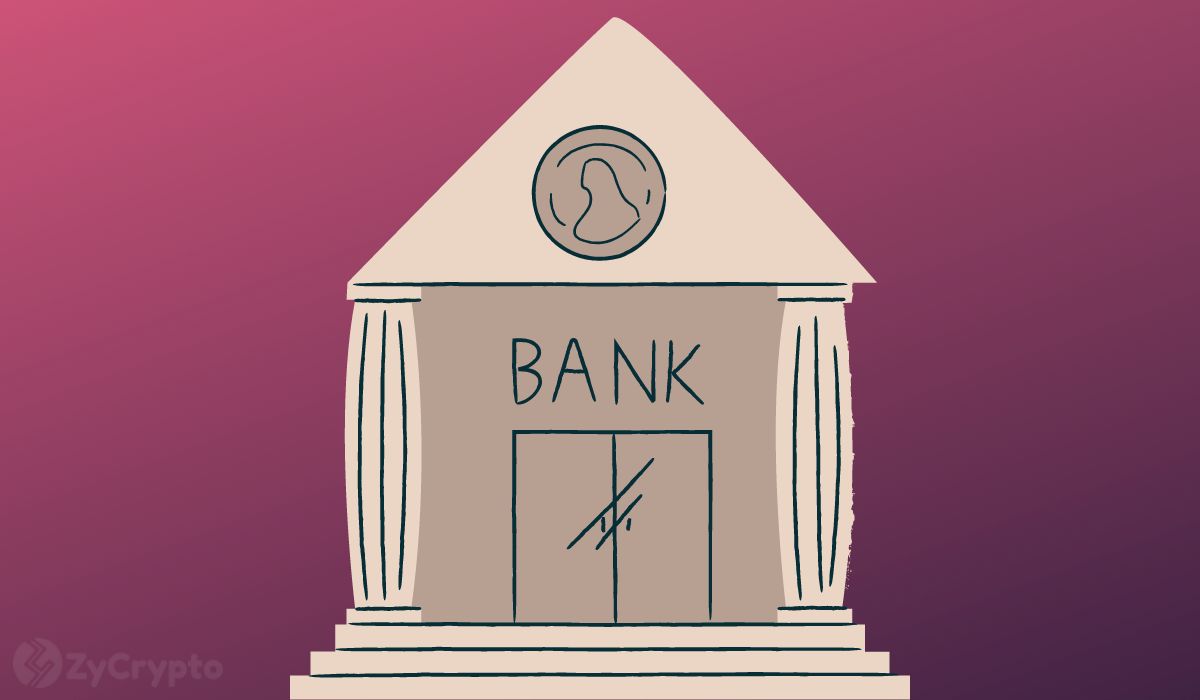The Russian bank Rosbank has become the first biggest bank in the country to launch cross-border cryptocurrency payments, with the help of an intermediary fintech to carry out the transactions.
According to Vedomosti, a representative of Rosbank it was stated that the bank is already conducting tests with corporate and private clients. The new solution allows the purchase of cryptocurrencies abroad using the funds of the importer, which are then transferred to the foreign provider.
Rosbank joins forces with B-crypto to launch new services
The Russian fintech company B-crypto is responsible for providing technical support for cryptocurrency transactions. Therefore, all Russian companies must go through a verification or KYC process that needs to be approved by both Rosbank and B-crypto in order to utilize the new cryptocurrency service.
Once the KYC verifications are approved, the importer and B-crypto sign a contract in which the client agrees to deposit fiat funds into an account at Rosbank to purchase cryptocurrencies. Subsequently, the bank transfers the money to B-crypto, which handles cryptocurrency purchases in friendly countries and transfers them to the foreign provider.
Alexei Voilukov, Vice President of the Russian Banks Association, affirmed that while Rosbank is the first major bank to offer this solution, larger banks still do not provide similar services “due to the lack of cryptocurrency liquidity” required to cater to their larger clients.
And that’s where smaller banks come in to meet the needs of retail customers.
Sanctioned countries embrace cryptocurrencies to evade sanctions
Eduard Davydov, Senior Partner at Emet Law Firm, stated that using cryptocurrencies in cross-border transfers may raise concerns regarding sanctions evasion, as many countries are taking measures to include cryptocurrency transactions in their sanction regimes.
In the long run, using cryptocurrencies for cross-border payments could lead to legal consequences for participating countries attempting to evade sanctions using cryptocurrencies.
Nevertheless, for a country under sanctions, legalities might not be their most pressing issue. Numerous such nations, including Cuba, Venezuela, Iran, Iraq, and Russia, find themselves denied the liberty to trade their primary commodities freely.
Currently, Russia is the most heavily sanctioned country in the world following the invasion of Ukraine, accumulating over 13,263 sanctions, mostly from the US and Switzerland, according to Castellum data.


